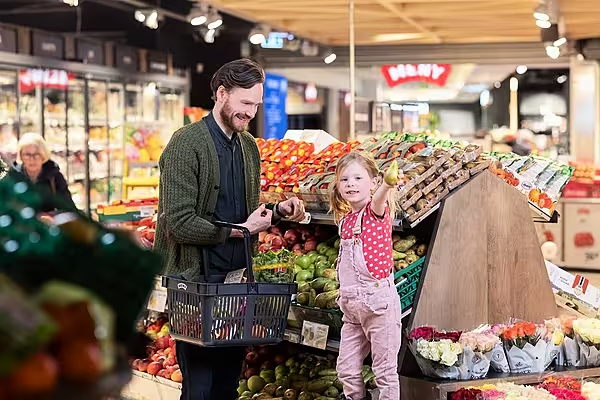NorgesGruppen has announced plans to invest NOK 21 million (€1.8 million) in supporting nine projects via its sustainability fund, Handle.
The amount will be divided between the projects that will contribute to creating a greener and healthier value chain for food, the company added.
The projects cover various areas, such as reducing greenhouse gas emissions, circular packaging, reducing food waste, increasing animal welfare, and training young food workers, the company noted.
Signe Bunkholt Sæter, sustainability director at NorgesGruppen, stated, "We have received a total of 157 applications from all parts of the value chain: from suppliers and entrepreneurs to interest groups and knowledge institutions.
"The applications are of a high standard, and show that the Norwegian food and beverage industry is working hard to drive sustainable change."
Handle
Established in 2021, Handle has awarded over NOK 77 million (€6.6 million) to 35 different sustainability projects in the Norwegian food and beverage value chain.
The projects focus on NorgesGruppen's most important sustainability areas: environment, health and people.
Many of the projects have yielded concrete results, including new products that are available to consumers on store shelves, the company noted.
Bunkholt Sæter added, "We are seeing to a greater extent than in previous years that actors are coming together across the value chain in larger sustainability projects.
"Necessary transformation projects – including in agriculture – are complex and require coordinated efforts. This demonstrates the willingness and ability of the various actors in the value chain to make this effort."
Sustainability Projects
Handle completed its fourth round of applications and announced the names of the nine projects that will receive funding.
The first in the list is a reduced methane emissions project from cattle production by Nortura and Mære Agricultural School.
This project will explore best practices for allocating relevant methane inhibitors to the animals and measuring and documenting methane reduction with sensor solutions.
Others include a collaborative project between Hennig-Olsen, Q-Meieriene and N2 Applied to explore new plasma technology that allows manure to have 30% lower CO2 emissions and 50% lower ammonia emissions and a mobile slaughterhouse concept for laying hens from Norhens.
The sustainability fund will also support Metervare's attempt to develop packaging based on Nordic wood fibre for its meat products, and Lysir's project to develop carrot packaging with waste products from carrot production, among others.













